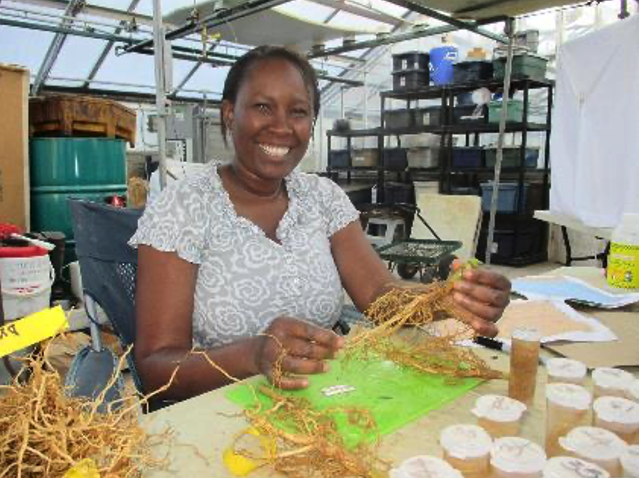
Wild taxa represent an important resource for breeding programs to improve abiotic stress tolerance.
Authors
Massas ASF, JD Burridge, HM Schneider, D Debouck, KM Brown, JP Lynch
Source
Crop Science
Download Options
Abstract
Phaseolus species are globally important food security crops. Drought and low soil fertility are primary constraints to Phaseolus production in developing nations. Root phenes have important roles in soil resource capture and plant performance. We profiled root phenotypes in 30 wild and 7 domesticated Phaseolus taxa in laboratory and greenhouse environments. Our results reveal that substantial variation for root phenotypes exists among and within Phaseolus taxa, notably for phenes such as basal root number, basal root whorl number, root hair length, root hair density, metaxylem vessel number, and total cross-sectional area. Wild taxa display greater genetic variation for root architecture and anatomy, and possess desirable phenotypes that are either not found or are not sufficiently expressed in domesticated accessions. Consequently, wild taxa represent an important resource for breeding programs to improve abiotic stress tolerance. Root phenotypes were also associated with the environment in the region of origin, suggesting that they have adaptive value. We speculate that significant variation in root phenotypes across different Phaseolus species is related to their abiotic stress tolerance and are valuable for breeding programs focused on improving edaphic stress tolerance.

